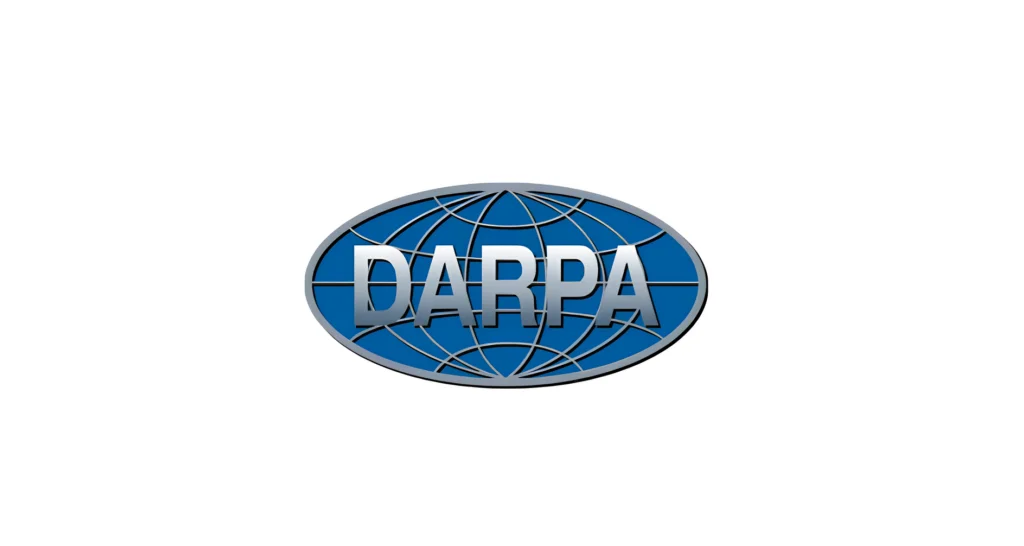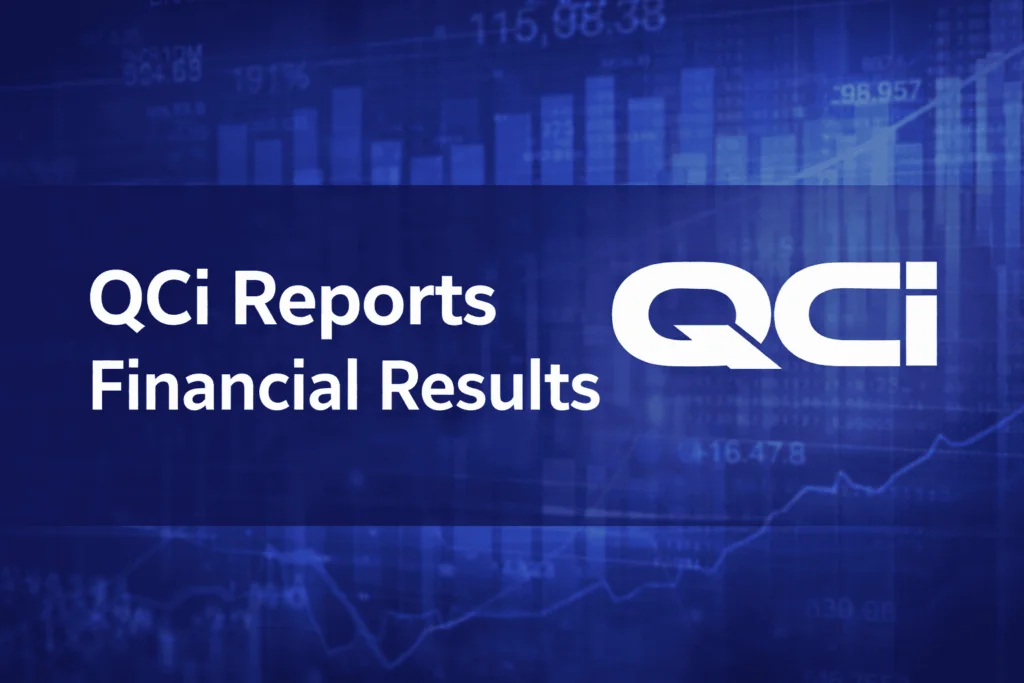Insider Brief
- A new OECD report highlights the transformative potential of quantum technologies while emphasizing the need for international cooperation, workforce development, and balanced regulation to address economic growth, national security, and global inequality challenges.
- The report warns of risks such as unequal access to quantum advancements, national security threats from dual-use applications, and supply chain constraints in critical materials, calling for anticipatory governance to mitigate these issues.
- Experts stress the importance of robust benchmarking and transparent communication to attract sustainable investment, guide technology development, and build public trust in the future of quantum technologies.
Governments worldwide are navigating policy challenges in quantum technology as they seek to balance economic growth, national security, and scientific advancement, according to a new report from the Organisation for Economic Co-operation and Development (OECD).
The report, A Quantum Technologies Policy Primer, outlines the transformative potential of quantum computing, sensing, and communication, but warns that inadequate governance could slow progress and deepen global inequalities. The OECD calls for stronger international cooperation, investment in workforce development, and regulatory frameworks that ensure secure and ethical deployment of these technologies.
Economic and Security Stakes?
Quantum technologies exploit the behavior of subatomic particles to process and transmit information in ways that classical computers cannot match.

The report offers a view of quantum’s unique paradoxical balance between tool and weapon. Quantum computing could, on one hand, revolutionize industries like pharmaceuticals and logistics. On the other hand, quantum communication promises both new levels of cryptographic hacks alongside unprecedented encryption security. The OECD report also emphasizes that despite potential breakthroughs, commercialization remains uncertain, with significant technical and investment hurdles still ahead.
One immediate challenge is the threat quantum computers pose to current encryption methods, which secure financial transactions and communications. The report warns that “a cryptographically relevant quantum computer” could break widely used encryption protocols, forcing governments and businesses to adopt post-quantum cryptography sooner rather than later.
Meanwhile, access to talent remains a pressing issue.
The analysts write: “As international collaboration is needed to advance these technologies, governments face the delicate task of opening their technology ecosystems while safeguarding against misuse, which carries significant implications for national security. Furthermore, there are already signs of skills shortage across the quantum workforce and constraints in the emerging supply chains of critical materials and components. Moreover, the concentration of investments in developed countries risks worsening global inequalities and limiting the economic and societal benefits of quantum technologies.”
Because demand for quantum-trained engineers and scientists outpaces supply, the report suggests this trend, if it continues, would slow progress and make competition for expertise more intense.
Global Inequality and National Security Risks
The report warns that heavy investment by wealthier nations risks excluding lower-income countries from the quantum revolution, worsening global economic divides. The concentration of research funding and patents in developed nations could limit the technology’s broader benefits, reinforcing existing economic hierarchies.
National security is another area of concern. Many quantum technologies have dual-use applications—meaning they could be used for both civilian and military purposes. Governments face pressure to collaborate internationally while ensuring that their advances do not fall into the wrong hands.
Again, the report recognizes the good news-bad news of handling quantum technology: “Due to their complexity and cost, access to quantum computers may be dominated by large technology companies, potentially restricting access and stifling innovation. Conversely, overly restrictive regulations could hinder technological development and innovation.”
Beyond security, supply chain issues threaten to slow quantum development. Many quantum systems rely on specialized materials and components that are difficult to source and manufacture.
Emerging supply chain constraints — particularly in critical materials and components — could create a bottleneck the industry’s growth, according to the OECD analysts.
Cautious Benchmarking
Experts emphasize that robust benchmarking is essential for attracting sustainable investment in quantum technologies, as it provides a clear framework for measuring progress and guiding funding decisions. However, they caution that benchmarking must be approached carefully to avoid misconceptions.
They write: “The ability to measure and compare technologies helps distinguish genuine progress from hype, which helps guide public and private investment decisions. However, experts caution against focusing benchmarks solely on comparing quantum systems to classical systems. This narrow view is misleading, as quantum technologies are likely to complement rather than replace classical technologies in most applications. Additionally, experts stress the importance of careful benchmarking between different types of quantum technologies. Inaccurate comparisons could lead to uneven or misplaced investments and discourage the exploration of emerging technologies.”
Mapping Policies and Challenges
To assess these challenges, the OECD conducted a policy review, compiling national strategies and identifying trends in quantum investment, workforce development, and security frameworks. The report draws on consultations with industry experts, researchers, and policymakers across OECD member states.
The study outlines benchmarks for evaluating quantum progress, recommending that governments develop clearer metrics to track advancements in quantum computing, networking, and sensing. The OECD also highlights lessons from previous technology transitions, such as semiconductor development, to inform best practices in commercialization.
Uncertain Timelines and Market Viability
Despite its comprehensive approach, the OECD acknowledges the uncertainties in quantum technology development. Quantum computers have yet to demonstrate a clear advantage over classical systems in solving practical problems at scale. While major tech firms and startups continue to make progress, the timeline for widespread commercial adoption remains unclear.
Another limitation is the unpredictability of international cooperation. While the report calls for collaborative governance, geopolitical tensions may limit effective partnerships, particularly when it comes to security-sensitive applications of quantum technology.
Looking ahead, the OECD recommends an “anticipatory governance” model, where governments proactively shape policies rather than react to technological shifts. This includes creating regulatory frameworks that balance security with open collaboration, funding public-private partnerships, and establishing international norms for quantum research ethics.
The report also highlights the importance of public engagement for the future of quantum.
Experts emphasize that robust benchmarking is essential for attracting sustainable investment in quantum technologies, as it provides a clear framework for measuring progress and guiding funding decisions. However, they caution that benchmarking must be approached carefully to avoid misconceptions.
They write: “The ability to measure and compare technologies helps distinguish genuine progress from hype, which helps guide public and private investment decisions. However, experts caution against focusing benchmarks solely on comparing quantum systems to classical systems. This narrow view is misleading, as quantum technologies are likely to complement rather than replace classical technologies in most applications. Additionally, experts stress the importance of careful benchmarking between different types of quantum technologies. Inaccurate comparisons could lead to uneven or misplaced investments and discourage the exploration of emerging technologies.”
Another hurdle is hype, which can create mistrust when the public confronts rhetorical over-reach from quantum leaders, spokespeople and the media.
They write: “Excessive hype can lead to unrealistic expectations and potential mistrust when these are not met. Building trust thus requires raising awareness with open and transparent communication about the goals, limitations and risks of developing and using quantum technologies. Public engagement in the design and implementation of related strategies and policies also fosters a sense of inclusiveness and accountability, which also contributes to building public trust.”















